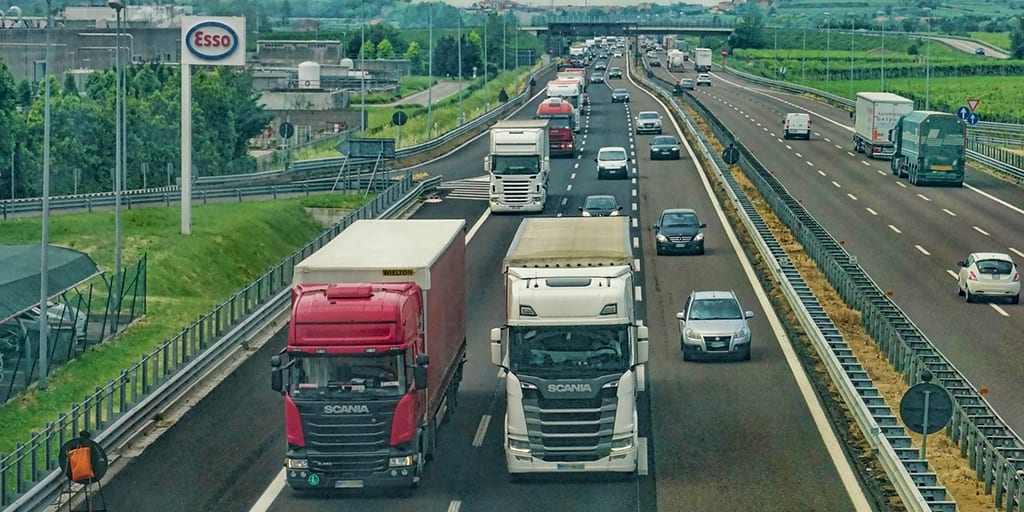
Dirty Subsidies: How Europe sabotages its climate goals (Investigate Europe)
2020 was supposed to be the year the EU would launch its ambitious plan to tackle the climate crisis. But why does Europe sabotage its climate goals by subsidising the
News, indicators and facts of the work of the Green Fiscal Policy Network and our partners in Poland.

2020 was supposed to be the year the EU would launch its ambitious plan to tackle the climate crisis. But why does Europe sabotage its climate goals by subsidising the

14.11.2018 – As countries negotiate rules for offsetting airline emissions in Montreal, the EU should reserve its right to impose stronger regional policies. Replacing the EU ETS with Carbon Offsetting and

09.11.2018 – According to the European Economic and Social Committee (EESC), an EU advisory body, the EU’s next multi-annual budget (2021-2027) should dedicate 40% of spending to the low-carbon economy and

25.10.2018 – The European Parliament voted in favor of new rules on road use charges in the EU to guarantee equal treatment of road users and to help Member States reach

23.10.2018 – Global asset manager Schroders launched its Climate Progress Dashboard in 2017 predicting the EU is on path for a temperature rise of 4°C.Despite the bright spark of strong carbon
5 April 2017 – Government revenues from environmental taxes amounted to EUR 359.3 billion in 2015 among European Union countries. The highest share of environmental taxes was in Croatia, while

The 2013 OECD Inventory of Estimated Budgetary Support and Tax Expenditures for Fossil Fuels identifies and estimates direct budgetary transfers and tax expenditures relating to fossil fuel production and consumption.
This study by The Ex’tax Project in cooperation with Cambridge Econometrics, Trucost, Deloitte, EY, KPMG Meijburg and PwC examines the impact of a tax shift from labour to consumption and
This study for the European Commission (DG Environment) identifies and examines cases of environmentally harmful subsidies (EHS) across a range of environmental sectors and issues in EU Member States. The study also analyses examples
This study by IVM, VITO, IEEP and BIO for the European Commission identifies and quantifies government support to fossil fuels in the EU-28. The study finds that significant support is
… for more Green Fiscal Policy news!